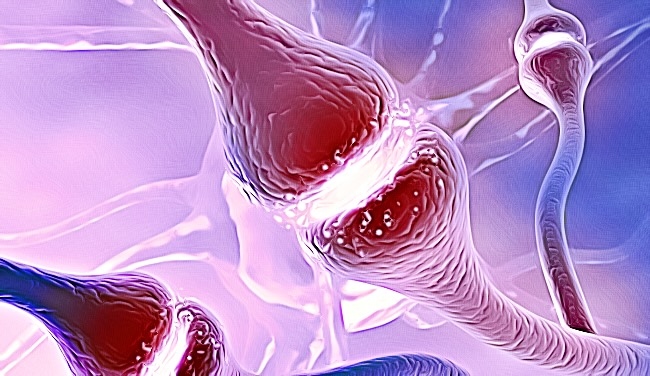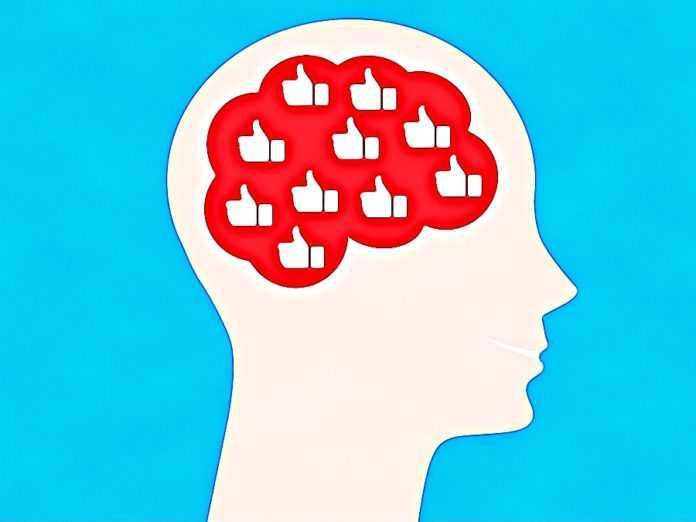Dopamine Hormone: What It Is, What It Does, and Where It Comes From?
Dopamine often comes up whenever we talk about happiness, love, pleasure, and motivation. It’s often referred to as the pleasure chemical and has been linked to everything from exercise to drug addiction. Considering how often it comes up in conversations and discussions, it’s quite surprising how little people actually know about what dopamine hormone is. The lack of general knowledge about dopamine is worrisome, as it can lead to some misconceptions about it that can lead to some very serious repercussions. This is why we thought it would be useful to prepare a concise breakdown of just about everything you have to know about dopamine hormone.
Among other things, we’ll be talking about what dopamine hormone is, what it does, where it comes from. We’re doing this in hopes of helping you shed some light on this ever-important chemical. If this is something that you want to know more about, read on for vital information that will help you gain a better understanding of this chemical.
What Is Dopamine?
To truly understand what dopamine hormone is, we first have to talk about how the brain works. The brain is often compared to a supercomputer. Now, computers rely on interconnected circuits and wires to perform varying tasks. And while this may be an oversimplification, the brain employs the same strategy albeit with networks of neurons instead of wires.
The brain sends messages via neurons that release neurotransmitters. These neurotransmitters are carried over into other neurons that receive the message. The act of receiving the message is what we define as “feeling”
Essentially, dopamine is a neurotransmitter released by the brain. It plays a crucial role when it comes to the physical, emotional, and mental functions of the human body. Here are a few of its notable functions:
- Movement
- Memory
- Pleasure
- Behavior
- Attention
- Inhibition
- Mood
Considering how involved it is in a multitude of different important functions, it’s not difficult to see why an influx or deficit of dopamine can have impactful effects on the body.
Where Does Dopamine Come From?
It’s important to note that there are different types of neurotransmitters in the brain. They all come from varying parts of the brain. Dopamine comes from two main areas: the substantia nigra and the ventral tegmental area.
Many of you may find this surprising, but these parts of the brain are quite small. So much so that they are smaller than a postage stamp. However, its size doesn’t affect its importance and relevance, as these two tiny parts are able to produce the chemical that is responsible for many of a person’s daily functions.
What Does Dopamine Do?
Dopamine has gained a bad reputation, as it is usually associated with illegal substances. And while we’ll be exploring the connection between the two later on in this article, it would be inaccurate to reduce dopamine to just that. What people fail to realize is that dopamine also affects learning, planning, and productivity. The right amount of dopamine contributes to a person’s ability to stay alert, focus, and to stay motivated.
The most common misconception about dopamine is that it is a pleasure chemical. And while it is indeed tied to how people experience pleasure, to single it out as the sole reason for why people feel pleasure or happiness is completely and utterly inaccurate. There are other neurotransmitters that are responsible for the feelings of pleasure: serotonin, endorphins, and oxytocin. However, as we’ve said, dopamine plays an important role in it all. Dopamine is vital when it comes to feeling pleasure as it links activities that make a person feel good with the desire to do them again.
To be more accurate, dopamine is more of a motivator than it is a pleasure chemical. Its motivational properties encourage people to form habits and act in certain ways as it links these activities to a positive feeling. And while this is great, dopamine does have its downsides. This is especially true when you have too much dopamine.
Abnormally high levels of dopamine can make a person feel intense euphoria. This can then lead to mania, hallucinations, and delusions, all of which can be potentially harmful to an individual. If left unattended, excess dopamine can also play a role when it comes to obesity, schizophrenia, and addiction. Dopamine’s role in addiction can be quite troublesome as it can lead to the person being more dependent on a drug, activity, or other forms of harmful behavior.

What Is the Relationship Between Dopamine and Addiction?
Let us preface this by saying that there is no one sole reason for addiction. Addiction is a complex brain disorder that’s influenced by a multitude of different factors that differ on a person-to-person basis. Everything from a person’s biological make-up, environment, and social influences all contribute to a person’s risk to addiction. With that being said, the role that dopamine plays can’t be ignored.
The National Institute on Drug Abuse highlights how drug users feel an immediate impact from the substances they are abusing. This is due to the dopamine that the act of using drugs produced in a person’s body. The relationship between drugs and dopamine is what can cause individuals to develop a reliance on drug use in order to feel pleasurable and positive feelings.
Dopamine is also pivotal when it comes to developing a tolerance for certain substances and harmful activities. Prolonged drug misuse and other forms of abuse will inevitably lead to overstimulation in the brain’s reward center. The pathways will be overwhelmed, which makes it infinitely harder to handle the dopamine that’s continuously being released. Because of this, the brain will try to regulate the issue by either decreasing the dopamine production or reducing the dopamine receptors in the total dopamine receptors.
Both of these changes will dull the entire experience. This change will force individuals to continuously participate in increasingly irresponsible behavior as they chase the high. The end result of this is an uptick in drug usage, as it will inevitably require the individual to take more of a specific substance to satisfy their addiction. Unfortunately, increasing the intake of a drug can lead to a slew of different issues. If left unchecked, all of these issues can ultimately lead to death by drug overdose.
Conclusion
As you can see, dopamine hormone can influence just about every aspect of your life. We hope this article has helped shed some light on dopamine and how it affects the human body. With that being said, the last thing that we want is to have you draw your own conclusions about how dopamine is affecting your body. This is especially true if you are dealing with mental issues or are recovering from drug addiction.
If you are recovering from addiction and suspect that your dopamine levels are influencing your physical or mental wellbeing, it would be best to consult with a professional so that you can get the help that you need.
Source: https://www.ncbi.nlm.nih.gov/pmc/articles/PMC4684895/
















